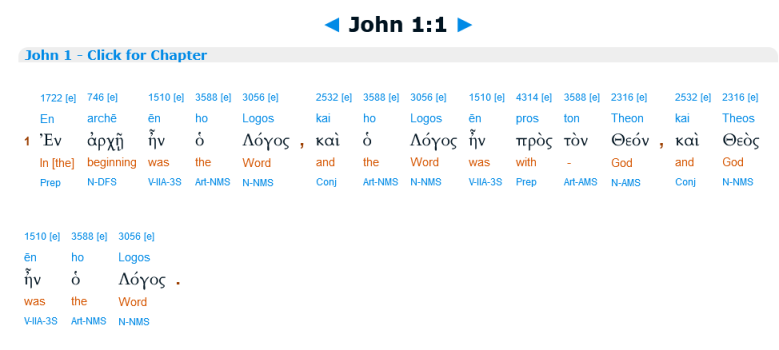The law of Moses which condemns
Law as a principle
The law of faith
The law of sin in the members
The law of the mind
The law of the Spirit and-
The law of Christ.
The law of Moses is NOT abrogated-as most think it to be so.
J.
"The law of Moses is NOT abrogated-as most think it to be so."
YES and NO = Romans ch2
For as many as have sinned without law will also perish without law, and as many as have sinned in the law will be judged by the law (for not the hearers of the law
are just in the sight of God, but the doers of the law will be justified; for when Gentiles, who do not have the law, by nature do the things in the law, these, although not having the law, are a law to themselves, who show the work of the law written in their hearts, their conscience also bearing witness, and between themselves
their thoughts accusing or else excusing
them) in the day when God will judge the secrets of men by Jesus Christ, according to my gospel.
YES and NO = Gospel = John 5:44-47
How can you believe, who receive honor from one another, and do not seek the honor that
comes from the only God? Do not think that I shall accuse you to the Father; there is
one who accuses you—Moses, in whom you trust. For if you believed Moses, you would believe Me; for he wrote about Me.
But if you do not believe his writings, how will you believe My words?”
YES and NO = Galatians 3:19-25
What purpose then does the law serve? It was added because of transgressions, till the Seed should come to whom the promise was made;
and it was appointed through angels by the hand of a mediator.
Now a mediator does not
mediate for one
only, but God is one.
Is the law then against the promises of God? Certainly not! For if there had been a law given which could have given life, truly righteousness would have been by the law. But the Scripture has confined all under sin, that the promise by faith in Jesus Christ might be given to those who believe. But before faith came, we were kept under guard by the law, kept for the faith which would afterward be revealed. Therefore the law was our tutor
to bring us to Christ, that we might be justified by faith.
But after faith has come, we are no longer under a tutor.
YES = the law is good a it came from God
No = the law cannot save anyone
"Say YES to the 'Dress" = Galatians ch3 "Stand fast therefore in the liberty by which Christ has made us free, and do not be entangled again with a yoke of bondage."
NO = "You have become estranged from Christ, you who attempt to be justified by law; you have fallen from grace."
YES = "For we through the Spirit eagerly wait for the hope of righteousness by faith.
For in Christ Jesus neither circumcision nor uncircumcision avails anything, but faith working through love."
YES = For all of God’s promises have been fulfilled in Christ with a resounding “Yes!” And through Christ, our “Amen” (which means “Yes”) ascends to God for his glory.
YES = Bear one another’s burdens, and so fulfill the law of Christ.
NO/YES = 1 Corinthians 9:21
When I am with the Gentiles who do not follow the Jewish law, I too live apart from that law so I can bring them to Christ.
But I do not ignore the law of God;
I obey the law of Christ.

